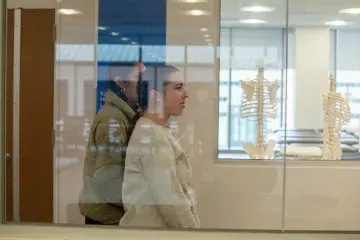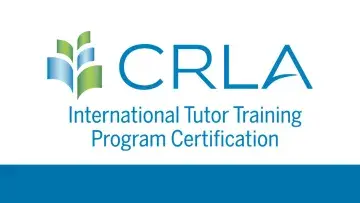PLO1: Integrate nursing science with biomedical knowledge and evidence-based interprofessional best practices for the highest level of nursing practice. (ILO1, ILO4, ILO5)
PLO2: Provide leadership for the organization, delivery, quality, safety, sustainability, accountability, responsiveness, and continuous improvement in healthcare. (ILO2, ILO5, ILO6)
PLO3: Translate evidence into practice, evaluate practice, improve outcomes of care, and participate in collaborative research. (ILO4, ILO5, ILO7)
PLO4: Identify, appraise, implement, and evaluate information technology and systems to provide and improve care. (ILO1, ILO5, ILO6, ILO7)
PLO5: Design, advocate, and implement healthcare policy to support equitable and inclusive healthcare access, financing, regulation, safety, quality, and efficacy. (ILO1, ILO2, ILO4, ILO5, ILO6)
PLO6: Provide leadership to facilitate collaborative team functioning and interprofessional practice to improve healthcare outcomes. (ILO3, ILO5)
PLO7: Analyze health risks within the biological, environmental, cultural, and socioeconomic determinants of health to develop, implement, and evaluate clinical prevention measures to improve population health. (ILO3, ILO4, ILO6, ILO7, ILO8)
PLO8: Practice in a specialty role using advanced levels of clinical judgment, systems thinking, accountability, and innovation to design, deliver, and evaluate evidence-based care to improve healthcare outcomes. (ILO1, ILO2, ILO3, ILO4, ILO5, ILO6, ILO7, ILO8)
Practice—
Enter practice, enter residency education, or practice in the enhanced role for which they have been prepared.
Ethics, Professionalism, Compassion—
Embody their ethical and professional responsibilities to effectively serve individuals from diverse backgrounds, their profession, and society with compassion, caring, and humility.
Teamwork—
Communicate and collaborate effectively as members of interprofessional teams.
Structural and Social Determinants of Health—
Integrate an understanding of structural and social determinants of health into professional practice.
Clinical Reasoning—
Provide person-centered care using sound clinical reasoning informed by evidence from research and practice.
Leadership—
Advocate, as agents of change, to improve health and healthcare, especially for structurally vulnerable populations.
Informatics—
Effectively use data, information, and technology to support decision-making in complex systems.
Self-Care—
Engage in self-care practices for personal health and wellness.




